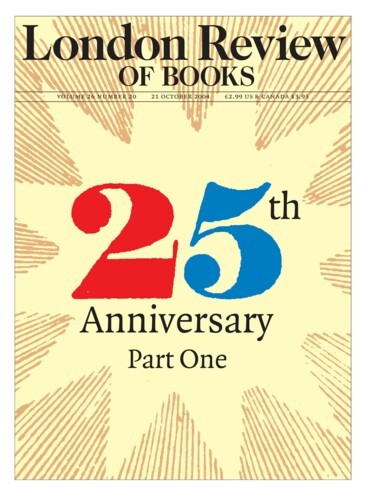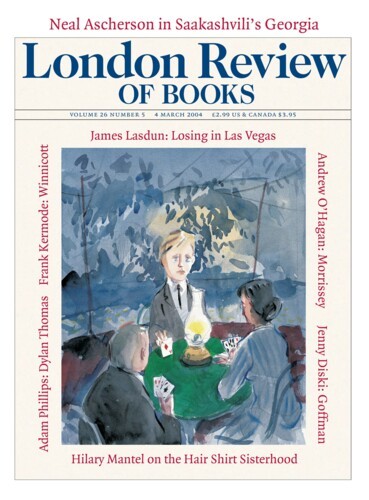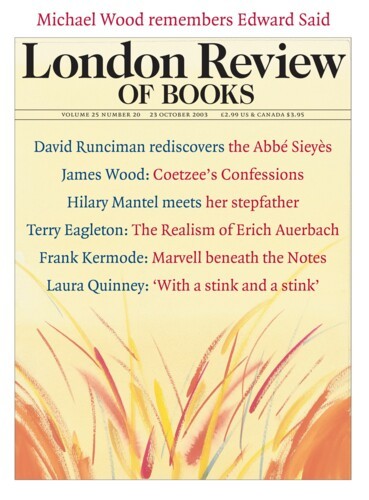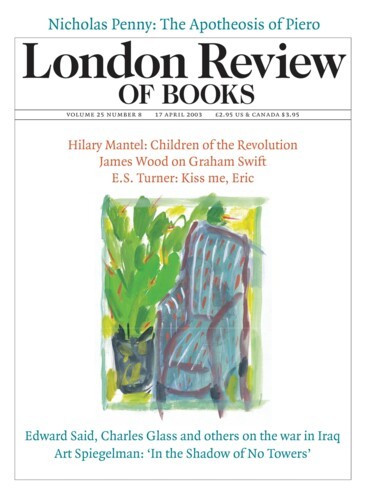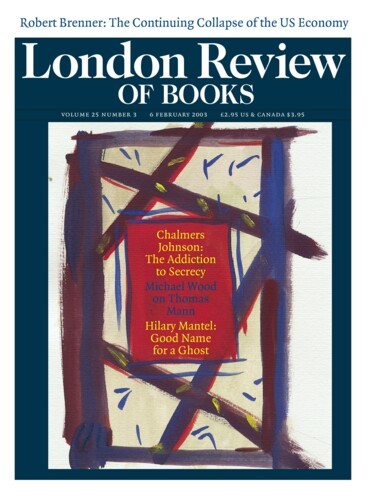I have washed my feet out of it: Growing up in Ghana
Hilary Mantel, 21 October 2004
“In Accra, Hawa joins the ashawo life – part-time prostitute, occasional concubine, all round good-time girl and the life and soul of every party . . . The ashawo art of negotiation is a delicate one. She seldom knows, before the act, how much money she can expect from a client; by naming a price, she says, you can lose out, as he might want to show his appreciation . . . If the clients insult her with a paltry sum she throws it back at them, saying, ‘Keep it for your repairs.’ When the client says innocently, ‘What repairs?’ she says: ‘You wait.’ Then she smashes up their house or their car. Sometimes the clients try it on – beware the Lebanese identical twins, who try to go two for the price of one . . .”
